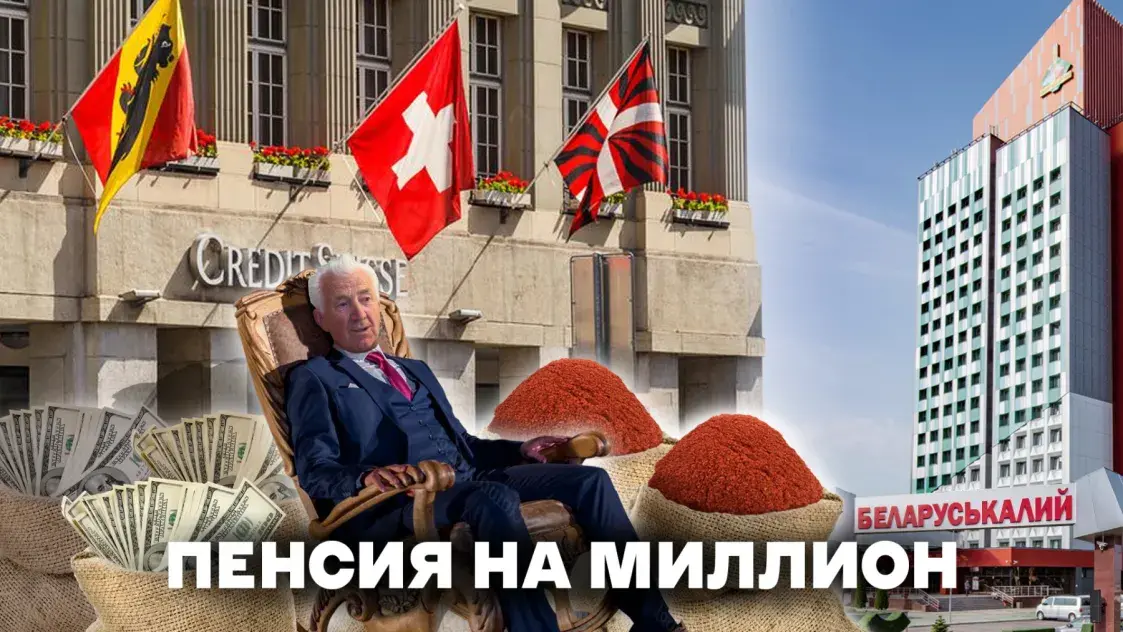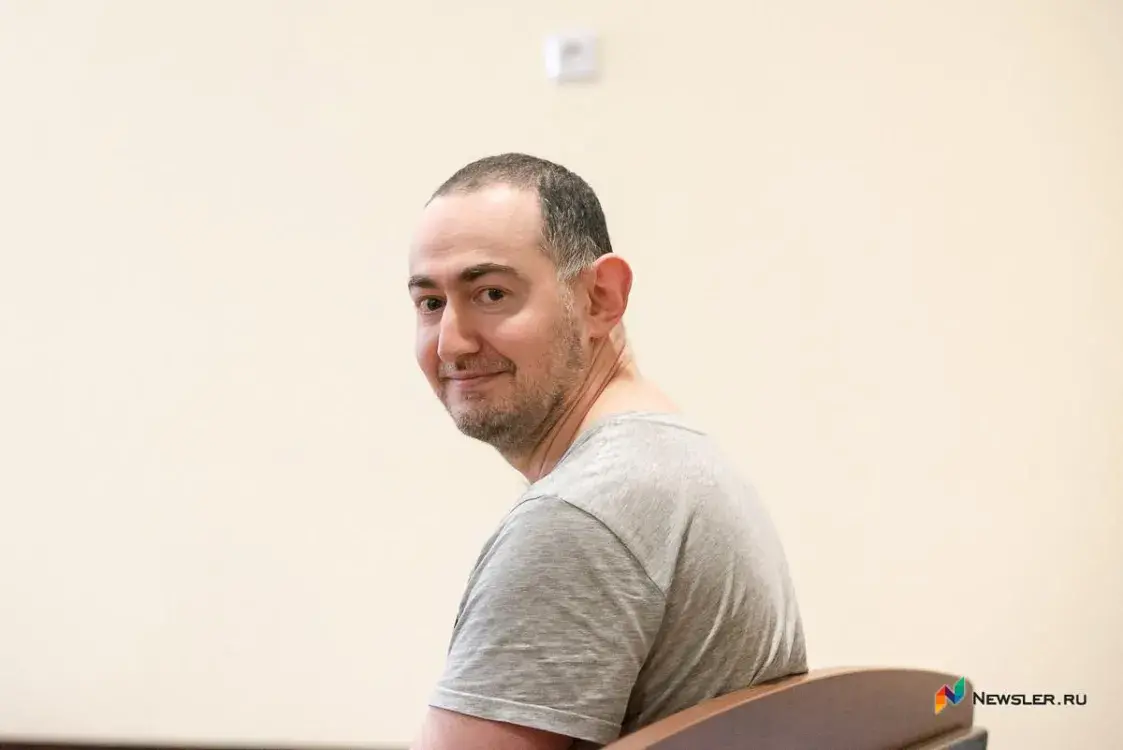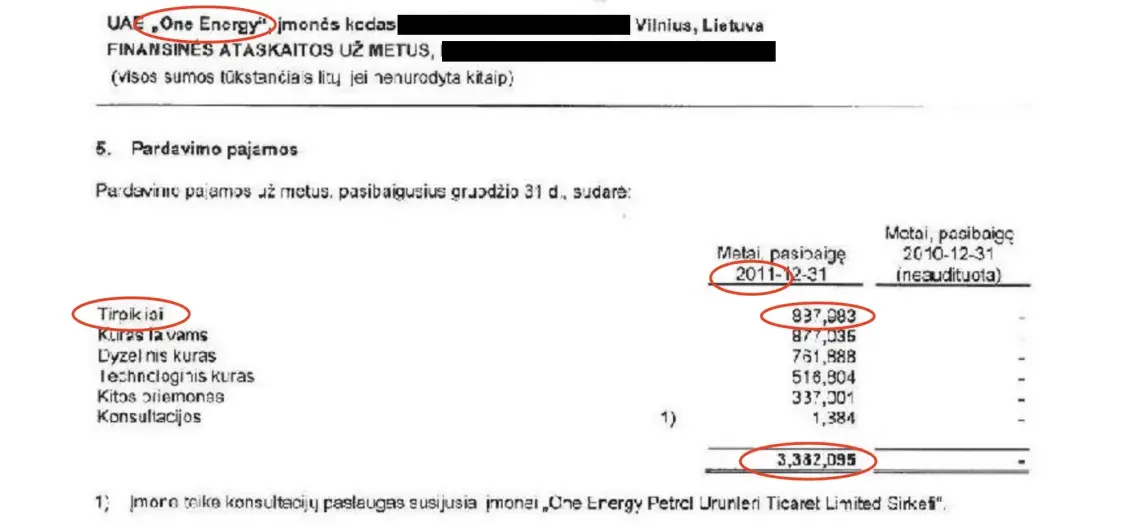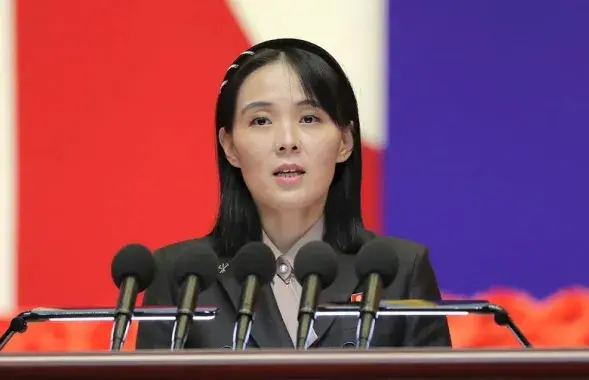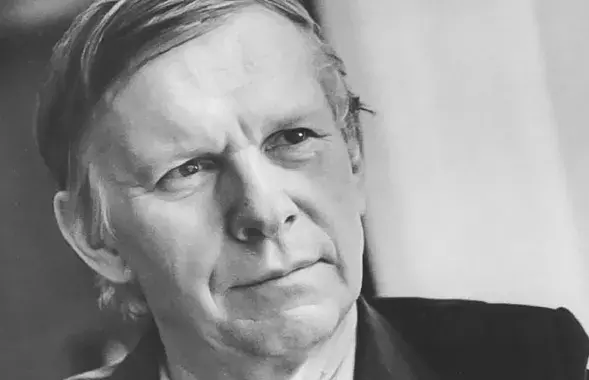Belarusians who hide money in a Swiss bank - investigation

Large accounts in a Swiss bank - that's what unites a former Belarusian deputy, a businessman who has been behind bars twice in different countries, and a businessman close to the Belarusian authorities. All of them could use the secrecy of the Swiss banking system for dubious purposes. This is the conclusion reached by journalists of the Belarusian Investigative Center (BIC).
The German newspaper Süddeutsche Zeitung has obtained data on clients of the major Swiss bank Credit Suisse. It shared the information with the Organized Crime and Corruption Reporting Project (OCCRP), of which the BIC is a member. It provided information on more than 120 Belarusians who had opened accounts with Credit Suisse.
With the help of Cyberpartisans, journalists conducted background checks on Belarusian clients of Credit Suisse who had political connections or had been convicted of crimes. From a shared list, three people were selected who could use the secrecy of the Swiss banking system for dubious purposes. Sometimes banks do not screen their clients rigorously enough. Former and current Credit Suisse employees interviewed by the OCCRP attributed this to a corporate culture that encourages risk-taking to increase profits.
Investigators have learned the origin of such accounts at the Swiss bank.
MP's honorable retirement
Last day of summer 2008. An Audi is about to leave Belarus for Poland. At the wheel is a deputy of the House of Representatives, Piotr Kalugin.
He is finishing his third cadence as a labor veteran and honorary citizen of Salihorsk. Kalugin received these insignia for his work at Belaruskali. He started his career at the company as a simple fitter, but worked his way up to the position of general director, which he held for almost ten years, from 1992 to 2001.
The very next day after crossing the border, Kalugin opened an account at the Swiss bank Credit Suisse for an unnamed company. At the time, he was not officially employed by any company in Belarus, only as a member of the House of Representatives. In one year and seven months, almost $1.3 million would appear in this account.
With the help of Cyberpartisan, the BIC discovered that Kalugin's income for seven years - from 2003 to 2009 - was about $87,000. That's 15 times less than the amount in his Swiss bank account.
In a telephone conversation with journalists, Piotr Kalugin was unable to give a clear answer to questions about the money. Then investigators began to look for answers in his biography.
The construction of the complex became a scandal. According to the media reports, the Turkmen authorities accused Belarus of inadequate fulfillment of the contract and filed a lawsuit with the Arbitration Institute of the Stockholm Chamber of Commerce, commonly known as the Stockholm Arbitration. They estimated the damage at $900 million. Belarus denied the allegations and filed a counterclaim for $400 million. There were no reports about the conlusion of the case, but the potash plant in Turkmenistan was put into operation after all. This happened in 2017, although the launch was planned two years earlier.
All this time Piotr Kalugin had been working at Shakhtospetsstroy. He has a small house in the Slutsk district, his wife has a four-room apartment near Komsomolskoye Lake in Minsk, and a two-story cottage near the Salihorsk Reservoir.
Kalugin closed his Swiss bank account in August 2014.
Criminal Russia
Belarusian Albert Laritsky had two accounts at the Credit Suisse. Both accounts were opened in early 2011, when the story was unfolding that ended with the Russian governor and Laritsky himself being put in jail. While a Russian company linked to him went bankrupt and received state loans, he accumulated millions in his Swiss account. And after being accused of financial fraud, Laritsky seems to have participated in a provocation against a liberal politician. He was recently released from prison. The BIC was able to get his version of events.
Albert Laritsky is from Homiel and is 47 years old.
He started his first business in his hometown in the 90s selling alcohol wholesale and retail. That's when Laritsky met businessman Yuri Zudheimer. Originally from Kazakhstan, he had moved to Germany before the collapse of the Soviet Union. There he started manufacturing filters and lubricants and opened a warehouse in Homiel.
Later, Zudheimer and Laritsky temporarily parted ways. The former moved from Germany to Switzerland, and the latter moved to Russia, where he became vice president of Zernostandart. In 2008, this agricultural holding bought shares in the Novovyatsky Ski Factory and soon began modernizing it with the support of Nikita Belykh, the region's governor at the time.
The project brought Zudheimer and Laritsky together again. According to the German businessman, at the request of his Belarusian partner, he allocated about $40 million for the modernization of the Novovyatsky plant. However, the project failed, and the company ran into debt and became insolvent. Hoping to recover the money invested in the plant, Zudheimer turned to the FSB, and in 2015 Laritsky was detained on suspicion of financial fraud.
According to investigators, the Belarusian businessman, who by that time had received a residence permit in Switzerland, took loans from the Russian Sberbank on false contracts to purchase equipment for the modernization of the mill, but the money received was transfered to his personal account in the same bank Credit Suisse.
Albert Laritsky commented on this to the BIC as follows
"I live in Switzerland. Of course, I have an account. And of course I transferred money from my company to that account. That is, I transferred money from my account to my company as an investment, and then I got some of that money back. Not all of it".
The BIC reviewed the history of Laritsky's account, which was opened in February 2011 during the modernization of the Novovyatsky plant. In May 2011, it had about $3 million. The maximum amount in the second account was about $275,000 in March 2014. However, according to investigators, as a result of financial fraud, Laritsky withdrew a much larger amount -- about $10 million. At the trial, he fully admitted his guilt, but said he was forced to do so:
"In the Lefortovo jail, everyone confesses: politicians, businessmen, ministers. According to the decision of the European Court of Human Rights, being in Lefortovo is tantamount to torture. I was there for two years and four months. Believe me, if you were there, God forbid, you would confess to the Kennedy assassination".
Laritsky believes his case was politically motivated -- it was fabricated to put the then governor of the Kirov region, Nikita Belykh, in jail. He was caught red-handed taking a bribe in Moscow in 2016. As the prosecutor argued in court, Belykh received the money for patronage over the Novovyatsky ski factory. Laritsky allegedly gave Belykh 200 thousand euros through intermediaries in 2011-2012, and Zudheimer gave him 400 thousand euros in 2014-2016.
In January 2012, the Swiss bank Credit Suisse opened an account for the unnamed company of the Belarusian businessman. In July, it has more than $ 36 million deposited there. At that time, Lithuanian businessman Vitold Tomaševskij was already working with Credit Suisse Trade Finance. He has an account for Savoil opened in the Swiss bank. According to the BIC source, this company was involved in the solvents scheme in 2011-2012.
At that time, Russia delivered oil and oil products to Belarus without paying customs duties. They had to be paid only when Belarus sold oil products made of Russian oil for export. But there were a number of goods that were not subject to customs duties. For example, solvents and thinners. Under this guise, Belarusian businessmen began to actively resell Russian oil products, thus avoiding paying taxes.
Among their European partners was, for example, the Lithuanian company One Energy. In 2011, its revenues exceeded $1 billion, and a quarter of its income came from solvents and thinners.
However, according to a BIC source, most of the supplies under this scheme went through Vitold Tomaševskij's company Savoil. In five months of operations, the turnover of this company exceeded $800 million, and in 2012 approached $5 billion. Net profit for the two years was over $80 million.
Tomaszewski is a long-time partner of the disgraced Belarusian businessman Yury Chyzh. Their main joint project is the solvent and diluent scheme. Belarusian investigators together with the Lithuanian Investigative Center Siena found out that from the Belarusian side Yury Chyzh's company Triple and two other companies - Triple-Energo and Belneftegaz - took part in the fraud. Both were linked to businessman Aliaksei Aleksin: he headed the first and owned the second with his wife.
At the time, Aleksin worked for Chyzh and is credited with the idea of solvents and thinners scheme.
In January 2012, at the height of the scheme operations, Aleksin opened the same Swiss bank account that later held $36 million. The BIC called the businessman to find out where he got the money, but he declined to comment. In 2012, Russia shut down the solvents and thinners scheme, and two years later, Aleksin closed the Credit Suisse account.
Chyzh and Aleksin went their separate ways. The former has been behind bars twice, while the latter has become one of the most influential businessmen in Belarus, and in 2021 came under EU and US sanctions as Lukashenka's "wallet".
